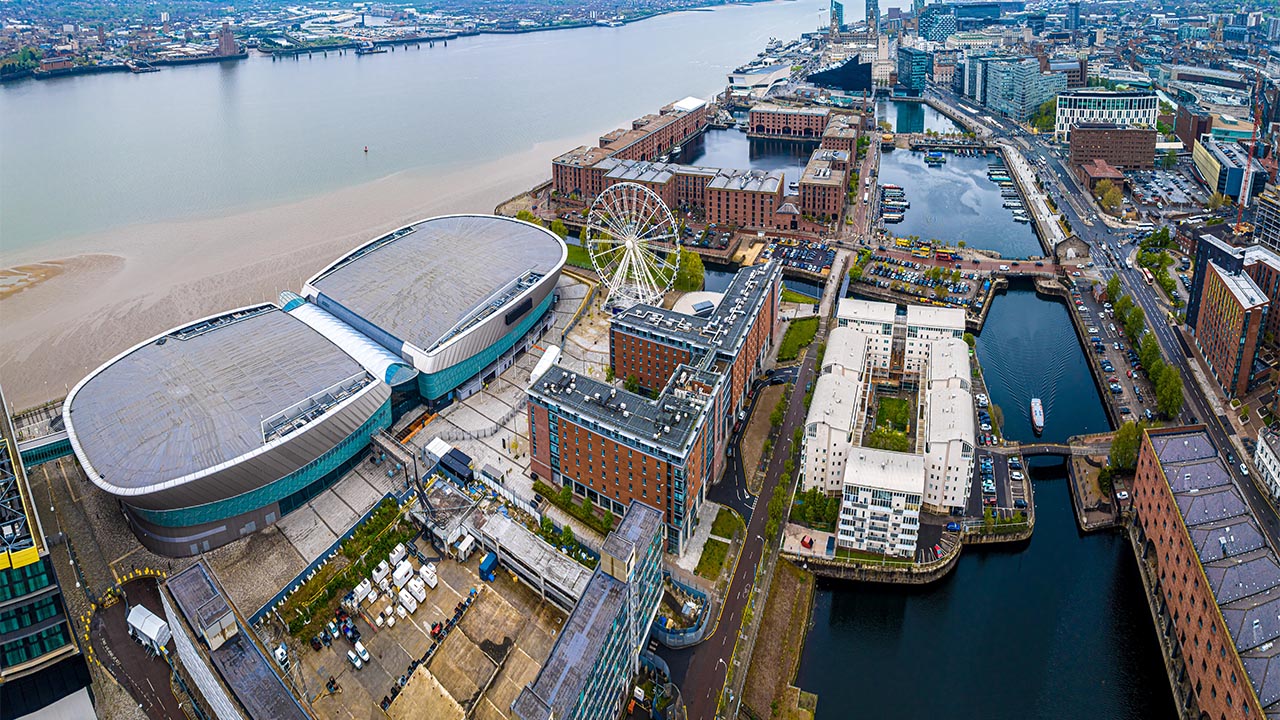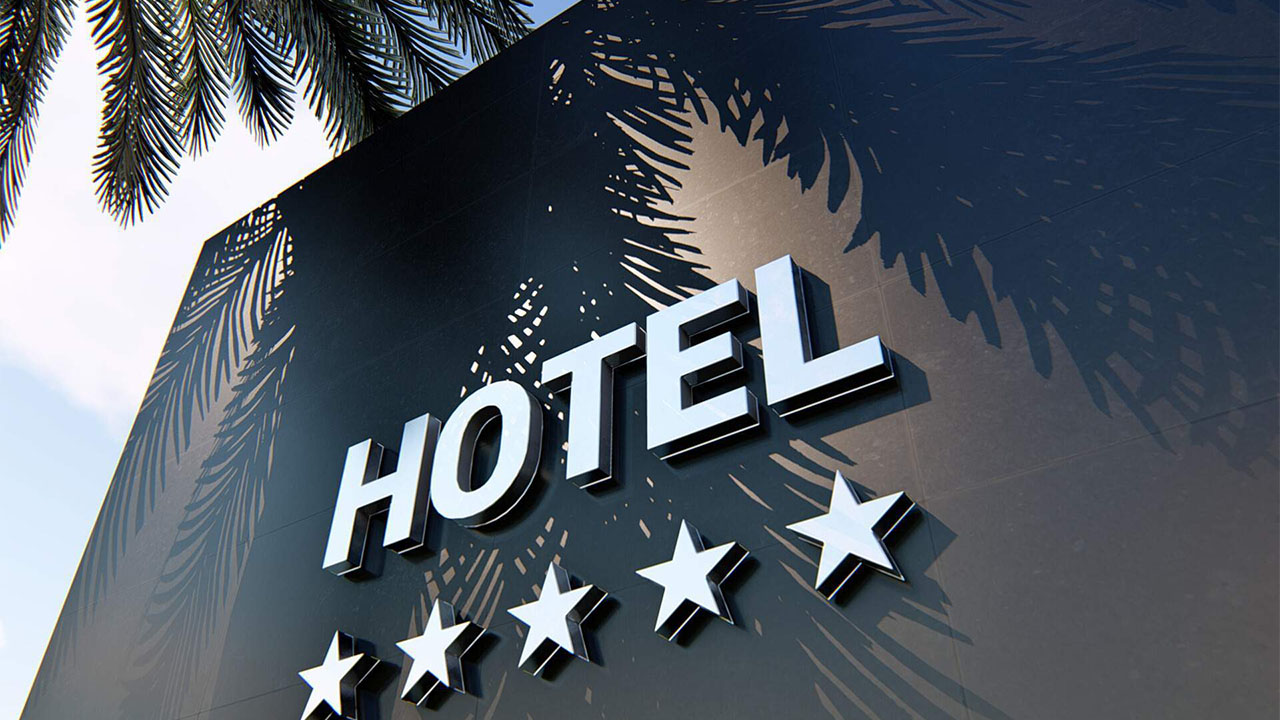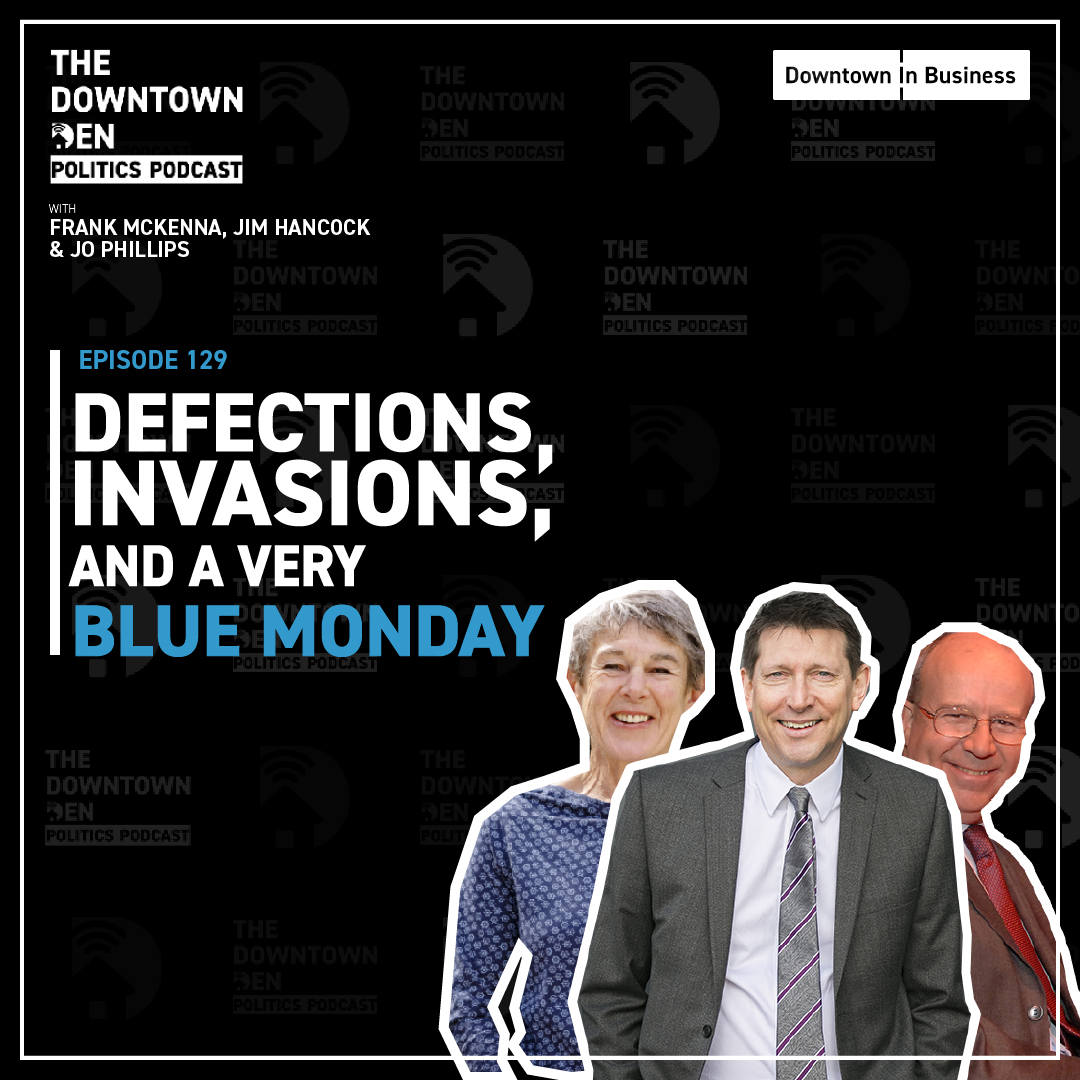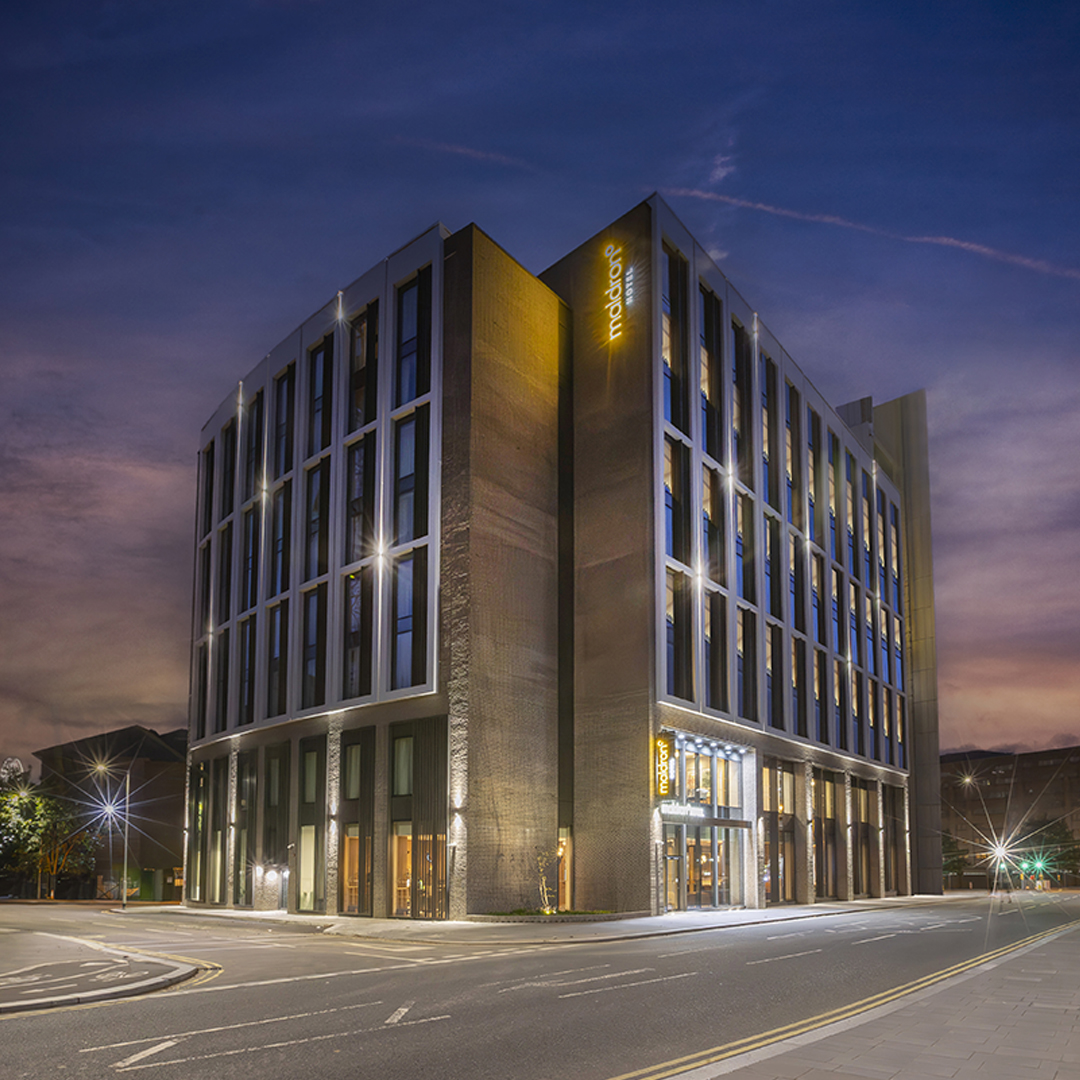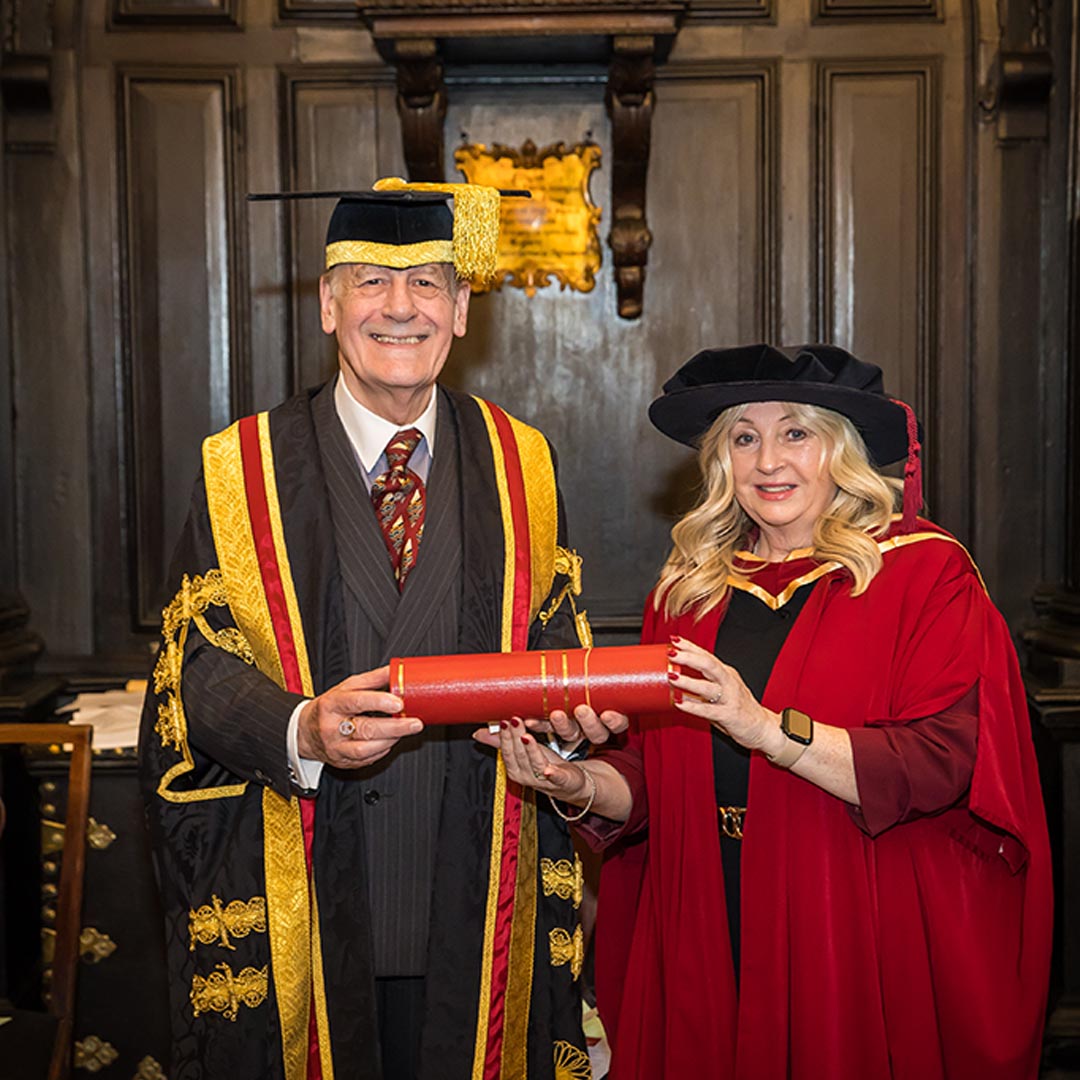This week, Liverpool will roll out the red carpet and welcome the Labour Party back to their annual conference.
Every day across the Liverpool City Region guests are welcomed to our home, whether they are arriving on cruise ships like Cunard’s Queen Mary 2, coming to Hoylake or Birkdale in record numbers for the Open golf championships, roaring on their teams at iconic Anfield or Everton’s waterfront Hill Dickinson Stadium, or are one of the numerous weekend visitors who voted Liverpool their favorite city break destination.
As an historic port, perhaps greeting guests is in our city’s DNA, but Liverpool’s popularity is also in great part due to the hospitality of the people who live and work here.
But great hospitality is not just a characteristic of the city, it is a fundamental part of our economy. The latest figures for Liverpool City Region travel and tourism revealed continued growth in the sector, with revenue exceeding 6 billion pounds, 60 million visitors hosted, and 58,000 jobs supported.
A thriving tourism sector also boosts the wider economy, serving as a catalyst for increased demand for real estate, food and beverage services, retail, and business investment.
Liverpool takes the hospitality sector seriously and was the first city to adopt an Accommodation BID team and, with the creation of the Local Visitor Enterprise Partnership, has signaled its commitment to apply professional management and strategic marketing to grow our visitor economy. There is now fresh hope for a coordinated approach to attracting investment in infrastructure, growing hospitality and entertainment, all of which will yield further substantial returns.
So, as well as championing our city region to Labour Party delegates, MPs and policy makers, what else can we share with them?
Over the week of the conference, there will be a host of events and meetings to attend. Whether they are organized by Liverpool BID, Downtown in Business or the Chamber of Commerce, I will be making the following points at the dinners, lunches and workshops I attend in the hope those in charge are listening.
- Developing Skills and Training
We need more talent. Since Brexit, the available labour supply for hospitality has drastically shrunk. Despite the current economic crunch, in our hotels, kitchens, pubs and bars there are still vacancies we are unable to fill now the free movement of chefs, waiters and other skilled talent from across the EU has ended.
At the same time as losing access to European staff, we haven’t seen a corresponding increase in the number of available domestic talent. As I always preach via the Hospitality Hero platforms, our industry is a vibrant and exciting one, with a variety of new opportunities to offer every day. But, for some inexplicable reason, we don’t promote hospitality as a career, instead it is seen as a stop gap or temporary gig while other options are explored.
I will be telling anyone who will listen we need to give hospitality the same serious profile and support we offer to other industries. I would love to see Liverpool be the venue for a long overdue specialist UK hospitality school – one which offers training in all aspects of the industry, catering, finance, facility management, event marketing and sales.
Converting one of our many city-centre buildings to provide state-of-the-art, hands-on training with practical, intern and work experience opportunities across the city region’s hospitality venues would both provide a new pipeline of talent and further secure Liverpool’s place as a hospitality hot-spot.
What Paul McCartney’s LIPA did for the performing arts, we could repeat for hospitality.
I also wish the entire education system from primary to secondary school would endorse hospitality as a crucial part of the curriculum, furthering our understanding of the social skills it develops and promotes in our everyday interactions.
- Policies to Drive Growth
While the cost-of-living crisis impacts everyone, the hospitality sector is feeling the pinch more than most.
On many fronts the industry is being squeezed; high VAT rates, the end of business rates relief, spiraling energy costs, wage increases and NI contributions, tariffs on imported ingredients, plus the cost of servicing the loans businesses were forced to take out during the pandemic are all taking their toll.
If politicians were to listen, there are many demands for help from the sector.
For example, the government could recalibrate how VAT is charged on freshly prepared food to be more in line with Europe. We want our fresh, locally sourced businesses to grow, so we can invest in developing artisan skills and continue to make the city region a foodie destination for visitors.
We also need business rates reform to create a level playing field for businesses with physical premises on our high streets compared to those online businesses with so-called ‘dark kitchens’ in industrial parks and residential areas servicing food delivery businesses.
And the rising price of energy and other operating costs are making it difficult for many hospitality businesses to stay afloat. Increased National Insurance contributions, electricity and gas charges, and new business rates – all at the same time – have impacted stability and confidence in the sector.
- Give us a voice in Government
And finally, one that surely all politicians can get behind – more jobs for themselves!
Today, despite frequent calls to do so, the government hasn’t got a dedicated Minister for Hospitality. When you consider the sector is the UK’s fifth-largest industry, employing more than 3.5 million people and contributing £130 billion in economic activity and £38 billion in tax receipts, surely it warrants dedicated government attention?
Instead, unlike the arts or sports, hospitality lacks a single ministerial voice. Responsibilities for promoting and protecting our industry are fragmented across departments, leading to diluted advocacy and slower policy responses.
The absence of a dedicated minister leaves the sector vulnerable to poorly timed policies – such as hikes in National Insurance and reductions in business relief – which disproportionately impact independent operators.
A minister would be good for governance too. He or she could represent hospitality in cabinet discussions, ensuring the sector’s needs are heard on topics from licensing reform and taxation to workforce development and tourism initiatives.
And having a dedicated minister also sends an important message to potential investors, one which signals we have improved strategic planning and will attract further long-term investment to our shores.
So, as I attend conference, this is what I will be asking the delegates and MPs I meet for their support on – hopefully you will too by sharing these realistic requests in your meetings and posting our call for support for the hospitality sector to your social media accounts.
Steven Hesketh is CEO of Savvy Hotel Group, serves as Vice Chair of Liverpool Accommodation BID and is founder of hospitality advocates Hospitality Hero and The Art of Hospitality.


